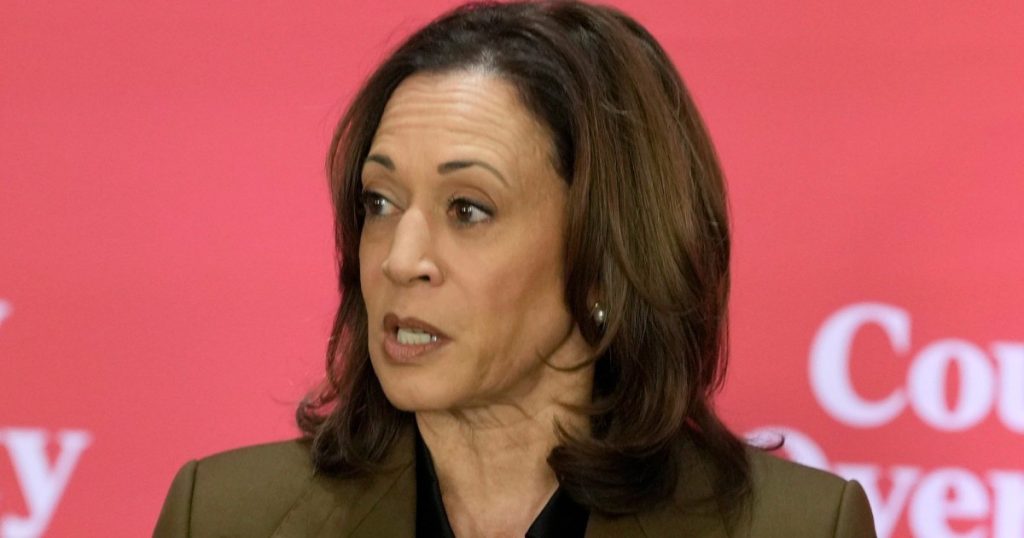In this text, which will be summarized to 2000 words in 6 paragraphs, the author explores the impact of social media on democracy and the spread of misinformation. The author begins by discussing the role of social media platforms in shaping public opinion and influencing political discourse.
Social media has become a powerful tool for sharing information and connecting individuals across the globe. However, the author argues that these platforms are also being used to manipulate public opinion and spread false information. The rise of fake news and misinformation has led to heightened polarization and distrust in democratic institutions.
The author goes on to discuss the ways in which social media algorithms amplify controversial and sensational content, leading to a proliferation of misinformation. These algorithms are designed to prioritize engagement and often prioritize content that is emotionally charged or polarizing. This can create echo chambers and filter bubbles, where users are only exposed to information that confirms their existing beliefs.
The author also explores the role of social media in facilitating the spread of disinformation campaigns and foreign interference in democratic processes. Governments and malicious actors have used social media platforms to spread propaganda and manipulate public opinion. These campaigns can be difficult to detect and combat, as they often masquerade as legitimate news sources or grassroots movements.
Furthermore, the author discusses the challenges of regulating social media platforms and combating the spread of misinformation. While some argue for increased government oversight and regulation of social media, others believe in the importance of free speech and open communication. Finding a balance between protecting freedom of expression and preventing the spread of harmful misinformation is a complex and ongoing challenge.
Finally, the author concludes by advocating for a multi-faceted approach to addressing the issues surrounding social media and democracy. This includes promoting media literacy and critical thinking skills, holding social media platforms accountable for their role in spreading misinformation, and supporting independent journalism. Ultimately, the author believes that a concerted effort from governments, tech companies, and individuals is needed to safeguard democracy in the digital age.


